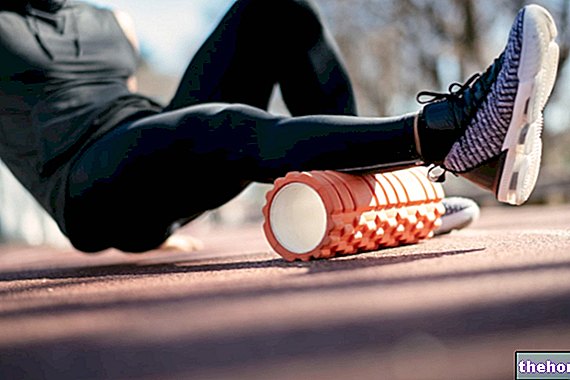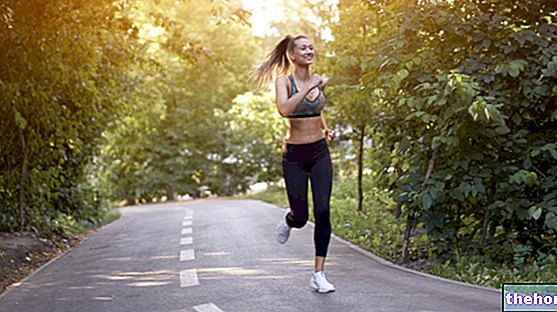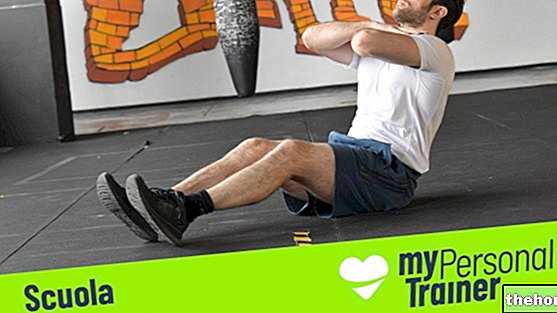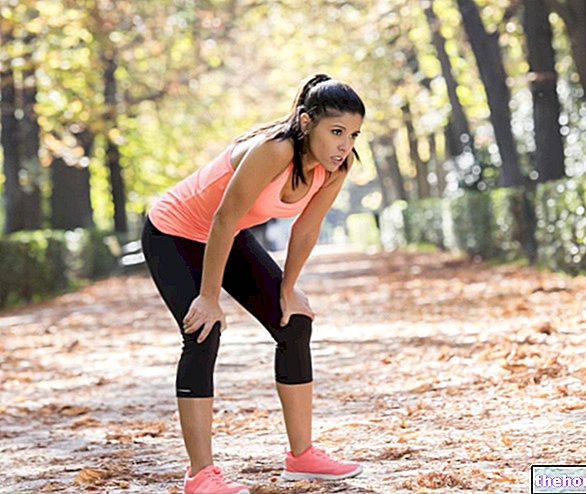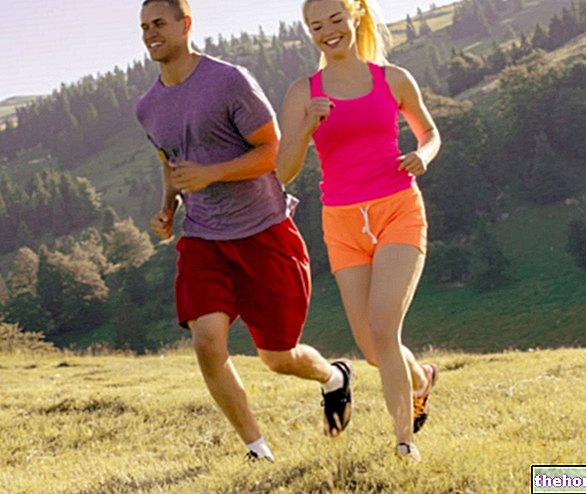Those who usually train outdoors, in spring and summer have to deal with rising temperatures and the risk of encountering what is called heat exhaustion, or the process that occurs when the body overheats in response. to external factors.
, given by the organism's inability to maintain it at standard levels in too hot and humid environments.
It occurs much more easily during a "sporting" activity, when performing great physical exertion or parking in a "hot" car or in an "indoor" area without air conditioning. When this happens, the body puts into action its own defense mechanism, which consists in trying to regulate the body temperature through sweat, but without success.
The most susceptible individuals are infants, children and the elderly.
Although it is less serious than heatstroke, it is not to be underestimated because if it persists it can lead to this second condition, much more dangerous.
Symptoms
Symptoms of heat exhaustion may appear suddenly or manifest gradually over minutes.
The most common are:
- drop in blood pressure during an effort such as going from a sitting position to a standing position, which can generate a feeling of lightheadedness,
- dizziness,
- nausea,
- feeling faint,
- profuse sweating in many areas of the body,
- clammy or cold skin, associated with goosebumps, even in extremely hot conditions,
- weak heart rate,
- headache,
- muscle cramps.
Risk factors
The chances of getting heat exhaustion increase if:
- you train outdoors on days with high temperatures, especially by practicing intense activities such as running,
- you do strenuous physical work or wear heavy protective clothing in hot environments,
- you are obese,
- you have a bad sunburn in progress,
- you take certain medications such as diuretics, beta blockers, and antihistamines.
Additionally, the skin may also become dry and / or feel clammy to the touch, and the heart may start beating much faster than normal. In extremely severe cases, seizures and coma can also occur.
Heatstroke requires immediate medical attention.
Dehydration
During heat exhaustion it can happen that you become dehydrated.
Symptoms of this event differ in infants, children and adults.
In children they may include sunken head, crying without tears, sunken eyes, going three or more hours without urinating, irritability, and listlessness.
In older children and adults, however, dehydration is typically identified by extreme thirst and dark-colored urine, sometimes also accompanied by fatigue, confusion and dizziness.
water or a drink with electrolytes, to rehydrate.If you are wearing tight, heavy, restrictive clothing, loosen or remove it.
Apply ice packs or towels soaked in cold water to the body. The most suitable positions are forehead, wrists, back of the neck or under the arms.
Usually, you should start getting better within a couple of hours, but if your symptoms get worse or don't get better, see a doctor right away.
If a newborn, small child, or elderly person has symptoms of heat exhaustion, they should be seen by a doctor, even after symptoms have improved.
when you stop under the sun.
